Pulitzer winner David Mamet has never been one to mince words, and he certainly didn’t hold back recently when criticizing Hollywood’s diversity, equity and inclusion standards. In an interview promoting his memoir “Everywhere an Oink, Oink,” the acclaimed playwright slammed DEI as “fascist totalitarianism” and “garbage.”
Mamet argued that the film industry has no business dictating racial understanding. He blasted the Academy’s new inclusion rules, requiring films to meet diversity criteria to be considered for awards, as intrusive and creatively stifling.
Pulitzer Prize Winner David Mamet Calls Out “Fascist” DEI Standards
David Mamet, the acclaimed playwright and screenwriter, didn’t mince words when criticizing the diversity and inclusion standards now prevalent in Hollywood.
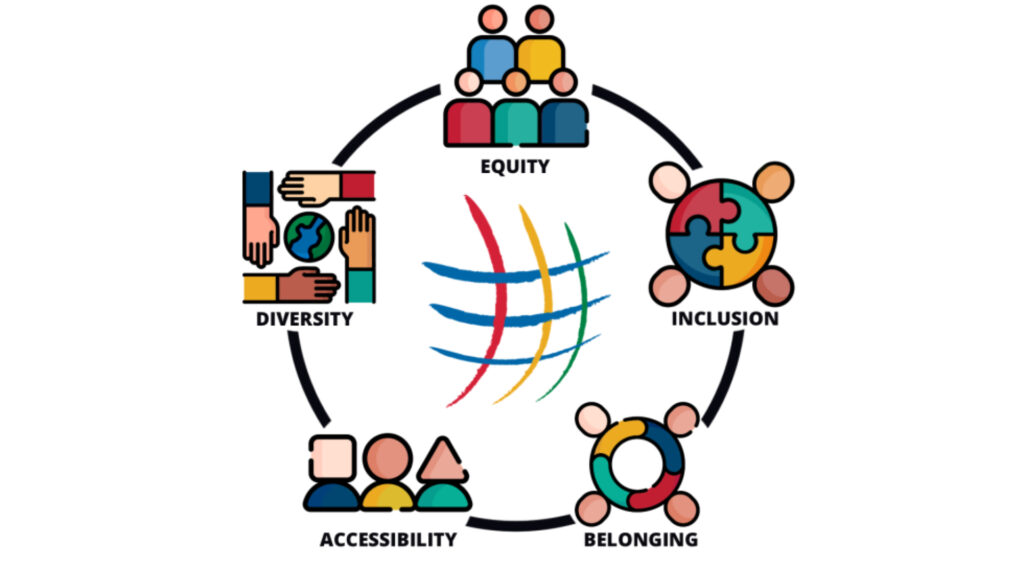
In a recent interview, Mamet argued that the new rules amount to “fascist totalitarianism” and are “intrusive.”
DEI Has Stifled Creativity
Mamet lamented that the standards are negatively impacting his ability to work. “Nobody’s going to pay me a lot of money anymore. Nobody will let me have a lot of fun,” he said.

Although Mamet acknowledged facing age discrimination, he attributed much of his decreased prominence to the constraints on writers and directors.
Policing Content
Mamet took particular issue with the Academy of Motion Pictures’ “inclusion standards” for award consideration.

The new rules mandate that films meet specific diversity criteria across both on-screen representation and production crews to qualify for the Academy Awards. Mamet criticized these policies as a form of censorship that stifles creativity.
A History of Discrimination
While acknowledging Hollywood’s problematic history of discrimination, Mamet argued that the current remedy is misguided and counterproductive.

Although increasing diversity and fostering an open environment are worthy goals, Mamet sees the new rules as an overcorrection that limits expression.
Mamet’s Journey From Far-Left to Supporting Trump
David Mamet grew up surrounded by communist ideologies, referring to himself as a “red diaper baby.” However, over time, Mamet’s views evolved in the opposite direction.
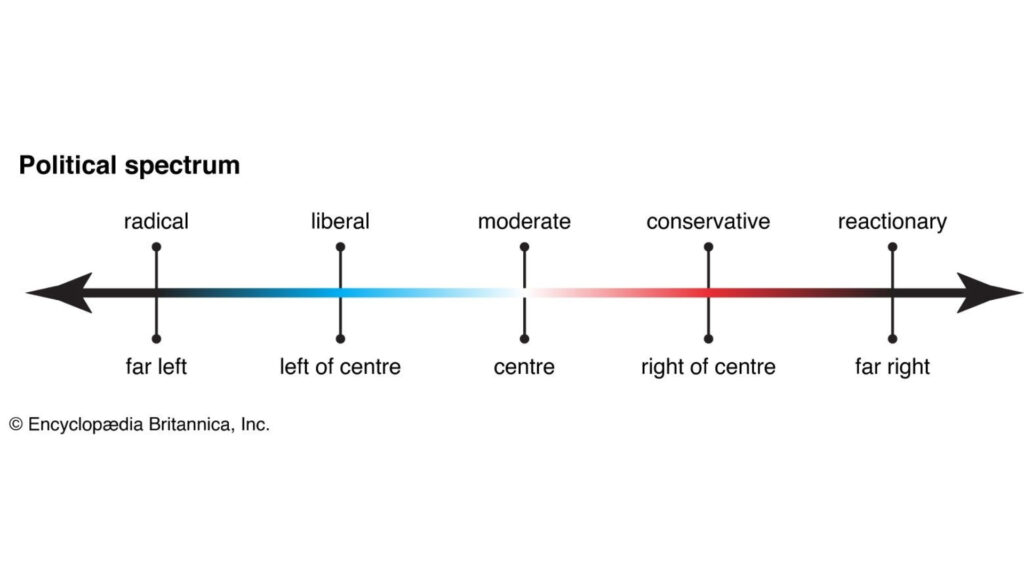
He went from staunchly supporting the far-left to becoming an outspoken advocate for former President Donald Trump.
Disillusionment With the Left
Mamet became increasingly disillusioned with the radical Left, especially in recent years. He criticized their focus on identity politics and “diversity commissars”, enforcing strict rules around inclusion and representation.

While acknowledging the history of discrimination in Hollywood, Mamet argued that the methods for addressing it were misguided and counterproductive.
Support for Trump and Shift to the Right
Mamet’s political transformation culminated in his support for Donald Trump’s presidency. Mamet appreciated Trump’s outsider status and willingness to buck political correctness.

He argued that imposing strict diversity requirements and “inclusion standards” amounted to a kind of “fascist totalitarianism” that stifled creativity.
Mamet Has Had a Successful Career But Is Now Being Sidelined in Hollywood
Although Mamet has had a long, successful career, he acknowledged that his shifting views and age have contributed to his decreased prominence in recent years.
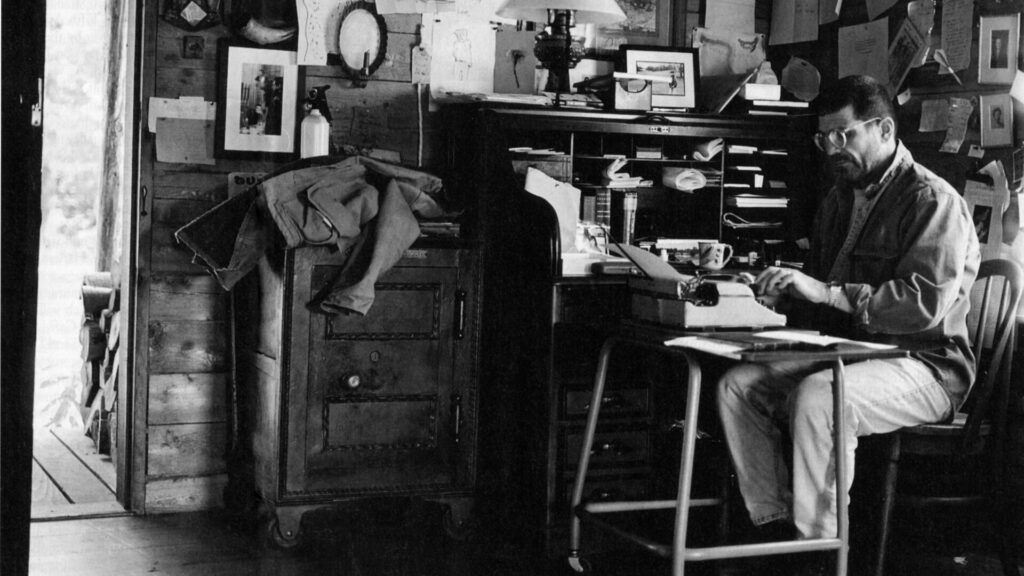
The celebrated playwright and screenwriter argued that younger directors often prefer to work with those closer in age to them. His criticism of Hollywood’s diversity rules and “diversity capos” likely did little to endear him to the establishment.
Concerns Over Censorship
Mamet argued that the new inclusion standards amount to censorship that stifles creativity. “I can’t give you a stupid [expletive] statue unless you have 7% of this, 8% of that,” he complained.
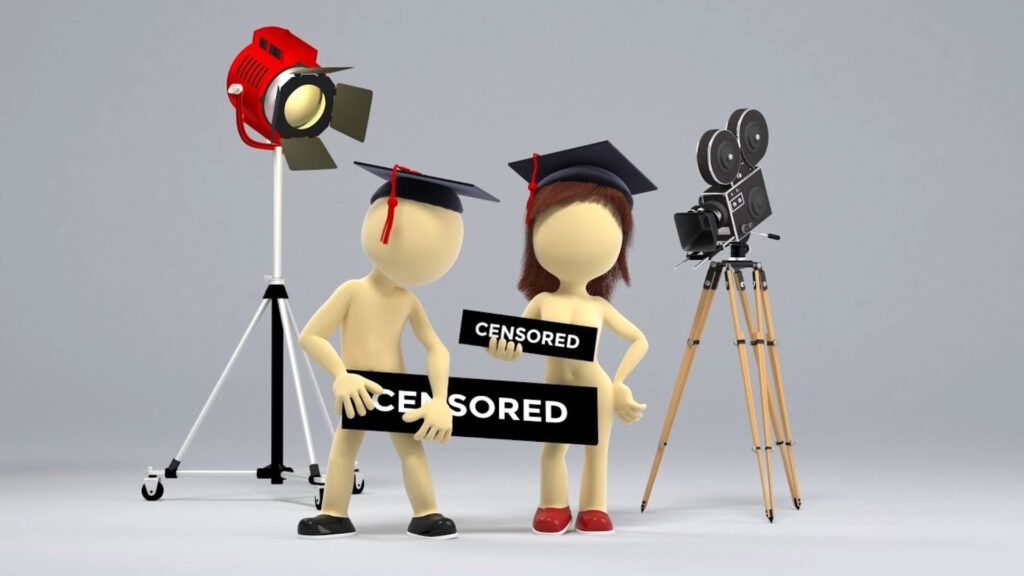
“It’s intrusive.” He believes the drive for diversity and inclusion has led to “fascist totalitarianism” that restricts expression. While the film industry aims to promote inclusion, Mamet sees these efforts as heavy-handed and counterproductive.
A Lifetime of Evolving Beliefs
Mamet refers to himself as a “red diaper baby,” the child of two communists. However, his political beliefs have evolved over his lifetime.

His memoir “Everywhere an Oink, Oink” tells the story of his journey from the far Left to supporting former President Donald Trump. Mamet’s criticism of the diversity push in Hollywood highlights the complex debate around promoting inclusion while preserving creative freedom.
Ageism Amongst Younger Producers
Mamet suggested that younger directors and producers tend to prefer collaborating with those closer to them in age. At 74 years old, Mamet recognizes that some in the industry may view him as a relic of a bygone era.

Although this saddens him, as he still feels he has much to contribute creatively, he acknowledges that “everybody has a sell-by date.” Ageism is an ongoing issue in Hollywood that particularly impacts women and minorities.
It’s Not Hollywood’s Role To Improve Everyone’s Racial Understanding
The acclaimed screenwriter argues that the film industry should not be in the business of “improving everybody’s racial understanding.”
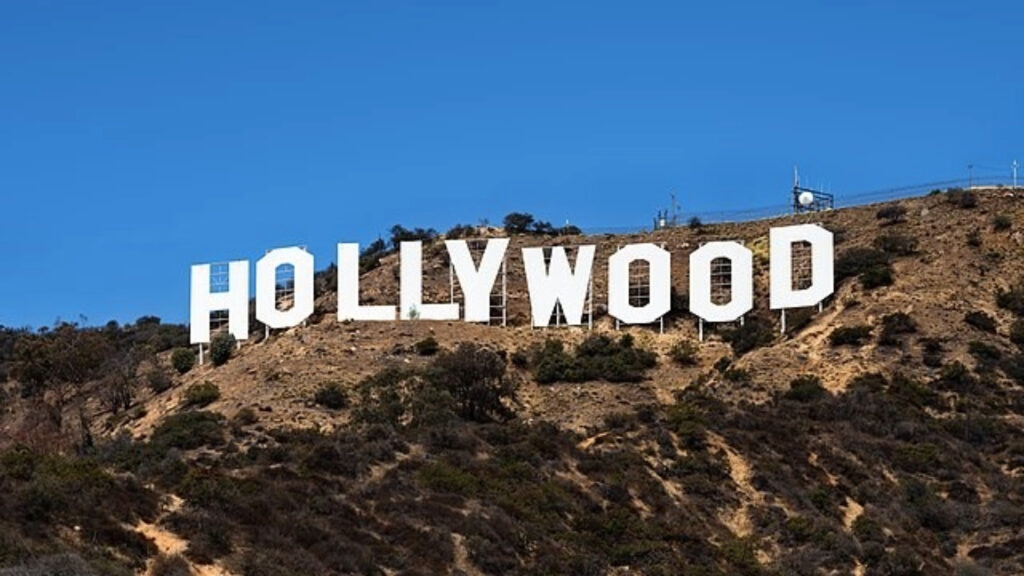
He believes issues around diversity and representation are better addressed through the natural creative process, not mandated rules and quotas. Mamet worries that such standards will limit opportunities for individuals based on age, race, gender, or other attributes rather than talent and skill.
Diversity and Inclusion Standards Has Contributed To Mamet’s Decrease in Popularity
Mamet acknowledges that his criticism of “diversity commissars” and “inclusion standards” has likely contributed to his decreased prominence in Hollywood in recent years.

However, he attributes much of this change to ageism in the industry, suggesting that younger directors often prefer to work with those closer to them in age.
Old Enough To Speak His Mind
At 74 years old, David Mamet has reached an age where he feels free to speak his mind plainly. The acclaimed playwright pulls no punches in criticizing Hollywood’s diversity standards as fascist and intrusive.

While acknowledging past discrimination, Mamet argues that heavy-handed rules enforced by “diversity commissars” stifle creativity more than foster an open environment.





GIPHY App Key not set. Please check settings